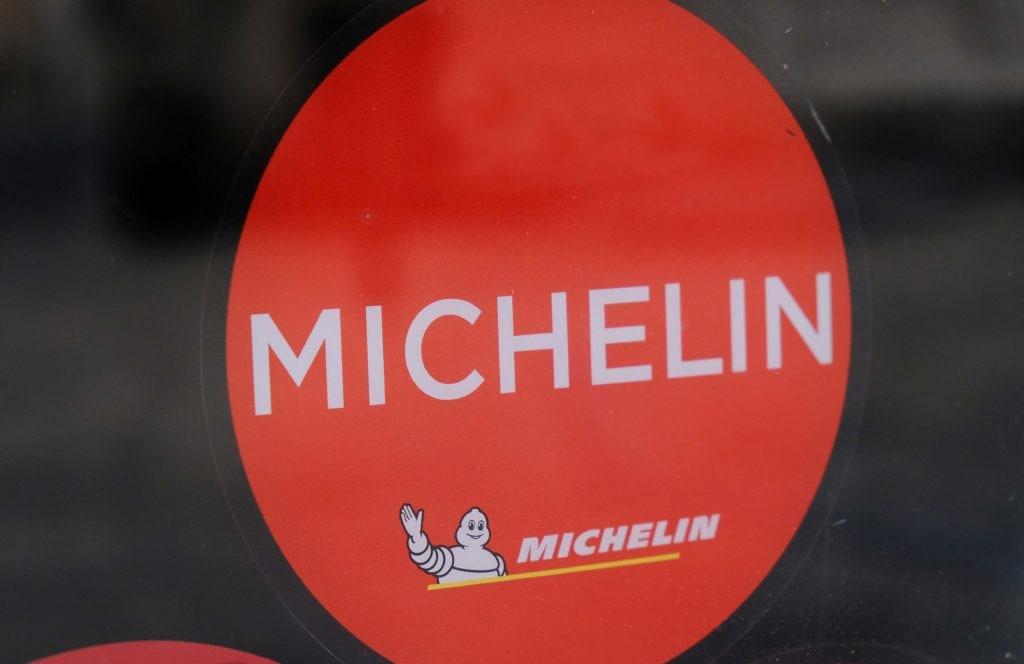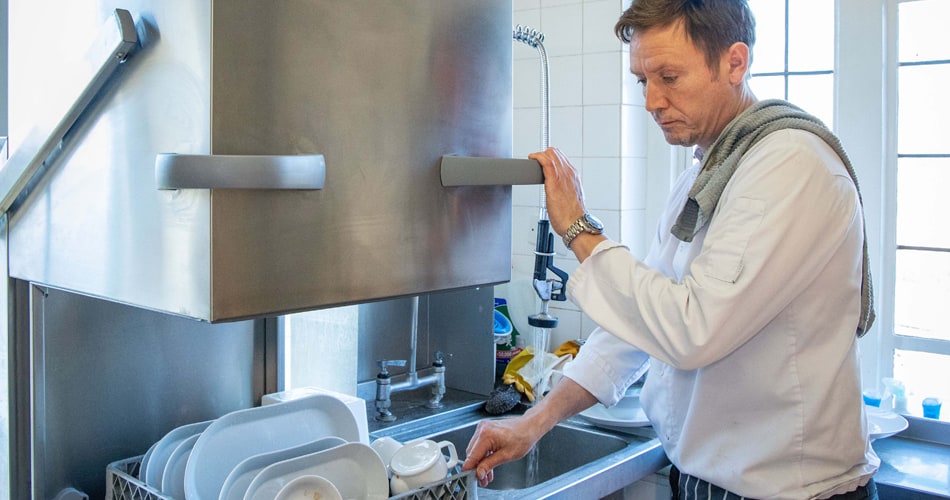
One of the major concerns becoming apparent in the Brexit debate, particularly for the foodservice and hospitality sector, has been the concern over EU nationals leaving the UK. But where is the next generation of local talent to replace them?
Most people working in the sector point to problems with training and working conditions. Chief bug bears include underuse or misuse of the apprentice levy, insufficient training available, cut backs on spend, poor hiring policies at hotel and restaurant chains, and the stigma of long hours, low pay and harassment in the workplace, particularly in kitchens.
Levy lacking
A look at the government’s latest apprenticeship statistics show that there were 119,100 fewer apprenticeship starts in 2017/18 than in 2016/17, and 94,000 fewer people were participating in an apprenticeship.
The government’s much heralded apprenticeship levy, introduced in 2017, requiring large employers with salary bills exceeding £3m to contribute 0.5% of their payroll to apprenticeship courses, was intended to create three million new apprenticeships by 2020, but is not expected to get anywhere near its target.
According to figures from the Department for Education just £268m of the £2bn collected from employers during 2017/18 was spent by levy-paying businesses on apprentices.
Furthermore, changes to the levy extending apprenticeships to all ages and levels has had unintended consequences, says John Hyde CBE, executive chairman of HIT Training. “Apprenticeships used to be at the early levels for new entrants and first line supervisors. But now it’s been extended all the way up to Level 7 for MBA qualifications.”
This shift bears out in the statistics. There were 11,000 level 6 and 7 starts in 2017/18, compared to just 2,000 starts at these levels in 2016/17. “We have one hotel chain who decided they didn’t need trainee apprenticeships for lower grade staff, but because they had to pay for the levy, they thought it would be nice to put their senior management team on MBAs. If you put employers in charge of spending their own money this is what they’ll do,” adds Hyde.
The levy has also come under the auspices of accountants, as opposed to HR directors. “Previously, they would send the apprentices off to training school for a day and the other few days they’d be in the company learning on the job,” explains Paul Evans, chairman of the Institute of Hospitality for London and a course director at Anglia Ruskin university. “Now the accountants are asking: how are we spending the money? What are we doing and why? It’s become more about finance than training.”
But the picture should improve. Companies only have until the end of April to spend the levy, so Hyde believes “this will sharpen employers’ minds”. He points to the fact that some of his major clients are suddenly bringing a load of young apprentices onboard, and that there are plenty of success stories for those companies that have brought apprentices through their ranks.
Work-life balance
Next step is to remove the stigma attached to working in the hospitality field and improving recruitment methods. “Sadly, it’s not necessarily an attractive industry, certainly for someone coming out of school,” says acclaimed chef and restaurant owner Alex Rushmer (formerly of The Hole in the Wall and the soon to open Vanderlyle, both in Cambridge). “There’s still the historic reputation that it is about unpleasant working conditions, long hours and low pay.”
But, says Rushmer. This is slowly changing. He and other leading restaurant owners and chefs are trying to redress the balance by dropping staff down to a four day week, allowing proper time off, larger salaries and a better work-life balance.
“There needs to be an admission that the way things have been done in the past is not acceptable. Hopefully the new generation of employers will introduce practices to get the best out of their employees and not flunk them for 90 hours a week. They need help and support, including proper training,” he adds.
Training and experience
To get the young, ambitious and talented people into the industry in the first place, recruitment methods also need improving. “We held a student event recently where there was a panel discussion of HR directors from various sizes of organisations, everything from catering firms to boutique hotels, and they confirmed they receive hundreds of applications each day for positions in their organisations,” explains Evans. “So, I asked them ‘why are you still short staffed then?’ They just said ‘we’re looking for people with experience’.
“If they took people, trained them and gave them experience they could be great. Online applications is a particular bug bear for me because we’re in a hospitality industry that requires people to communicate with others face to face. If the applicant doesn’t know how to manage the system and put in key words they won’t get past the first hurdle.”
Evans cites a success story of an employer who took a different approach. They put an advert out, and the first 100 to show interest were brought in for a day’s assessment without even looking at their CVs. It was only after gauging their personalities, enthusiasm and ability that he looked at their CVs to check for their experience. If they were a little short on that front, he’d train them up.
Again, the important word is training. As Vic Laws FCSI, AVL Consulting says: “Training is vital if we are going to cope with the growth of business, which will eventually happen when Brexit is decided,” he says. “Youngsters may be put off by the hours, but it is good to see that several employers are changing their practices to encourage people to adopt a career in hospitality. For example, M Restaurants have introduced a £10 minimum wage and offer time off to their employees for mental awareness.”
It is clear this can be a difficult career path, but according to Laws, the rewards when people are established can be huge. “It is one of the few businesses where you can start from scratch with very little capital and make a lot of money when you sell out particularly in business and industry,” he concludes.
Chris Evans




